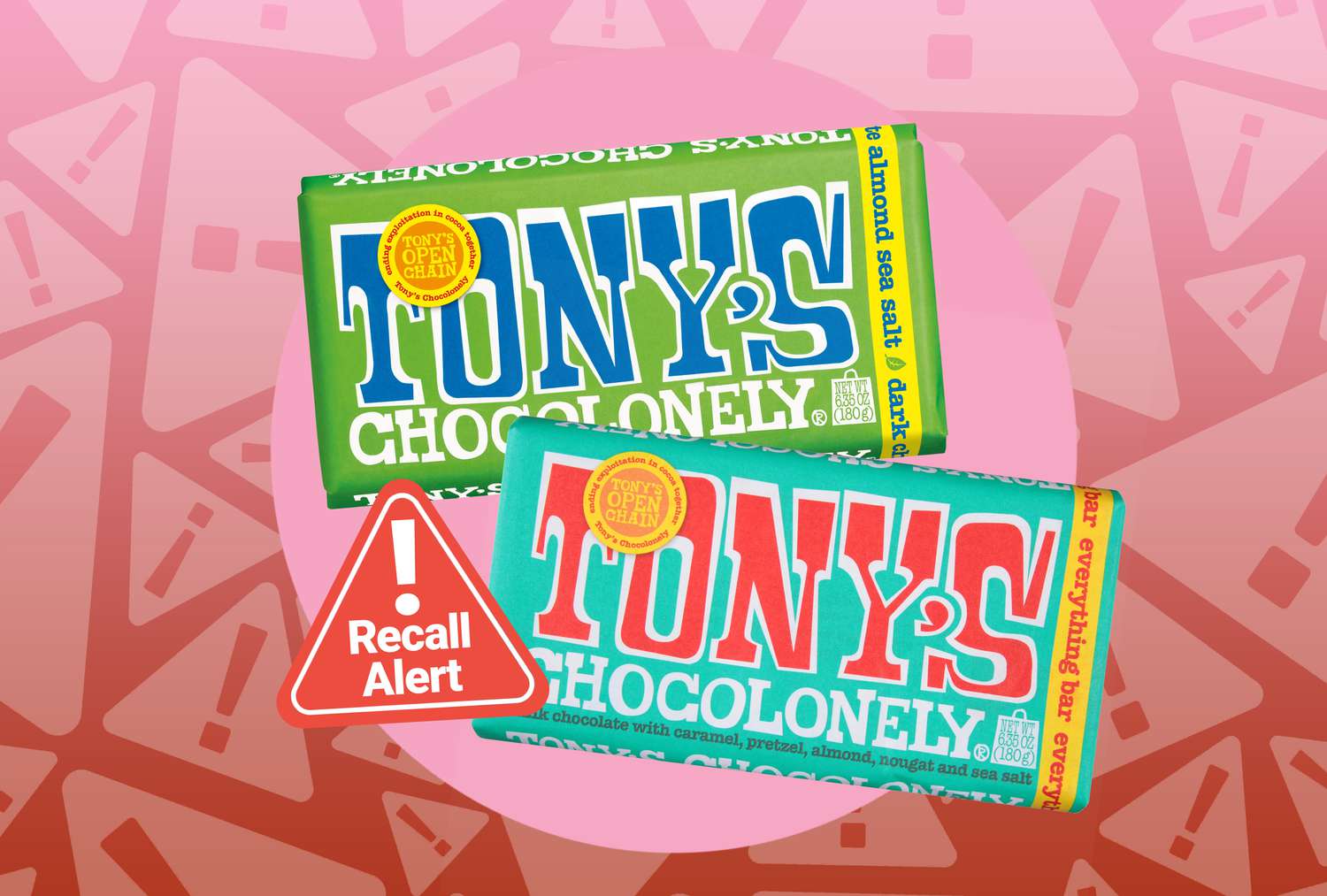
No, Eating Soy Doesn’t Cause Cancer & More Myths About Soy You Need to Stop Believing
Key Takeaways
- There are many soy myths, especially about breast cancer and how it may impact hormones.
- Other myths say soy interferes with mineral absorption and processed soy is harmful.
- Nutritionists explain the latest research and why this high-quality protein is safe.
Whether you heard it from a friend or the buzzy influencer on TikTok, everyone seems to have an opinion on foods you should—and shouldn’t—eat. And that includes soy.
From soy’s supposed ability to impact hormones to processed soy foods “poisoning” our food system, there’s someone, somewhere, demonizing soy. As head-turning as these assertions are, do they have any merit? Absolutely not, says Sharon Palmer, M.S.F.S., RDN, a registered dietitian specializing in plant-based nutrition. “Look at the science,” she says. “We now have quite a body of research proving soy can safely be consumed as part of a balanced diet.”
Still, myths abound. To set the record straight, we took a deep dive into the research behind this controversial topic. Read on to understand the facts, not fads, about soy.
Myth #1: Soy Causes Breast Cancer
One of the biggest myths surrounding soy is that it causes breast cancer. The logic? Some forms of breast cancer originate from estrogen receptors found in breast tissue. Because of this, some people have made the leap to suspecting that estrogen-like plant substances in soy, called isoflavones, fuel breast cancer growth and development. The truth: Yes, soy does contain isoflavones, but these aren’t the same as the hormone estrogen in the human body. To compound matters, much of this myth comes from studies conducted on animals, which metabolize isoflavones differently than humans do.
A body of evidence examining soy’s potential impact on breast cancer shows that moderate consumption is safe and may even be protective, says Palmer. For instance, one meta-analysis found the opposite of this myth to be true, concluding that soy and isoflavone consumption may guard against breast cancer. Need more convincing? Both the American Institute for Cancer Research and the American Cancer Society support moderate consumption of soy foods (that’s about one to two servings per day). And the AICR notes that they are even safe for breast cancer survivors.
Myth #2: Soy Affects Male Sex Hormones
If you’re a male and are worried that a daily serving or two of soy is going to flood your body with female sex hormones, you can relax. “This myth stemmed from a couple of isolated case studies. In each, the man consumed an extremely high amount of soy foods,” says Cara Harbstreet, M.S., RD, LD, a registered dietitian and owner of Street Smart Nutrition. “In both cases, the amount of soy isoflavones in their diet was about nine times higher than average. When each of them cut back on the amount of soy foods in their diet, their symptoms resolved.”
A wide body of research agrees. In fact, a review of 41 studies found that soy and soy isoflavones had no effect on testosterone or estrogen levels in men. The truth is, soy may be beneficial for men, as studies have linked soy intake with reduced risk of prostate cancer, says Palmer. As promising as this is, a recent review study that suggests that soy may help protect against prostate cancer also points out that more research is needed.
Myth #3: Soy Interferes with Mineral Absorption
Soy contains compounds called phytates that are often referred to as anti-nutrients. “These compounds can lower the bioavailability of important vitamins and minerals, like iron,” says Harbstreet. “In other words, the amount you get from your diet isn’t necessarily the amount your body can absorb and use.”
But don’t let that scare you. “Claims about anti-nutrients tend to be exaggerated and overblown, especially by online wellness influencers who fail to put the risk into context,” says Harbstreet. “Cooking and processing can help, as can fermentation and sprouting. It’s also important to remember that not all soy foods are equal when it comes to anti-nutrient content.” In fact, research has found that soy foods can provide a meaningful amount of absorbable iron. This is especially true for soy foods with lower phytic acid content. Ditto for soy foods that are consumed with vitamin C-containing foods. That’s because vitamin C makes the iron in plant-based foods, like soy, easier to absorb. So, toss some edamame with a citrus vinaigrette or wash down a tofu scramble with a glass of orange juice.
Also, keep in mind that, just like phytates, other nutrients can also decrease the absorption of other nutrients. Even those that are good for you, like fiber. “We know that foods have interactions with other foods, and the recommended dietary allowances (RDAs) for nutrients reflect these concerns,” says Palmer. So, as long as you’re meeting your RDAs, there’s no need to worry.
Myth #4: Processed Soy Foods Are Bad for You
Food manufacturers have safely added soy protein to foods like meat substitutes, cereals, smoothies and energy bars for decades. In addition to providing protein and improving texture, there’s another upside to adding soy to processed foods and that’s better heart health. The link is so strong that the FDA even allows food manufacturers to point out that consuming 25 grams of soy protein daily may reduce the risk of heart disease.
Still, processed soy foods continue to have a poor perception. “People view soy as a ‘processed food’ and not a food that has a long historical, traditional use in minimally processed dishes, like tofu, soy milk and edamame,” says Palmer. “It’s a highly respected food in [many] countries, with good reason, as it’s one of the most nutrient-dense foods on the planet, with multiple health benefits,” Palmer adds. The biggest concern regarding processed soy foods, says Harbstreet, is if you are allergic to soy. In that case, label reading is key.
Tips to Include Soy in Your Routine
- Pour Some Soy Milk. Soy is one of the few plant proteins that provide high-quality, complete protein, like dairy milk. Whether you’re dairy-free or simply want to add more plant protein to your rotation, soy milk is an outstanding choice. Pour it over whole-grain cereal, blend it into our Raspberry-Peach-Chia Seed Smoothie or whisk it into a batch of High-Protein Raspberry & Peanut Butter Overnight Oats.
- Give Tofu a Go. Tofu is a super-convenient meat alternative. Plus, it has a long shelf life, which makes it a great staple. Try it for breakfast or a light lunch in a Tofu Scramble with Spinach. Or, for a new spin on your usual sheet-pan dinner, you can’t beat our Sheet-Pan Teriyaki Tofu with Carrots & Broccoli. If you’ve never prepared tofu before, this tofu cheat sheet tells you everything you need to know for perfect tofu every time.
- Grab a Bag of Frozen Edamame. Yes, these tender young soybeans are a fantastic, healthy snack. But why stop there? Versatile edamame make it easy to whip up loads of tasty plant-based meals. Keep a bag (or two) in your freezer for quick, nutritious salads and sandwiches like our Cabbage & Edamame Salad with Peanut Dressing, Edamame Hummus Wraps or these crunchy Air-Fryer Edamame Lettuce Wraps.
- Try Tempeh. Tempeh doesn’t get as much attention as tofu. But it should. In fact, tempeh is one of our favorite fermented foods for brain health, so it’s good for your gut and your brain. Plus, it’s surprisingly easy to cook. Whether it’s in a 10-minute high-protein veggie sandwich or Sesame-Honey Tempeh & Quinoa Bowl for lunch, or Crispy Tempeh Steaks with Sun-Dried Tomato Cream Sauce for dinner, it’s a tasty, nutritious way to add more plant-based nutrition to your day.
The Bottom Line
Over the years, there has been a lot of confusion about the safety of soy foods. Thankfully, nutrition science has come a long way and has proven that soy foods can be a safe, healthy addition to your plate. While some people may have had concerns about breast cancer, impaired mineral absorption or the dangers of processed soy foods, our nutrition experts agree soy is a fantastic science-backed way to add high-quality plant protein to your plate. Of course, there is one exception—and that’s if you are allergic to soy. Otherwise, dig in!










